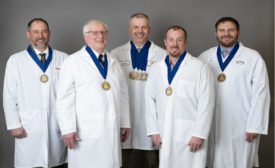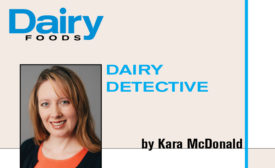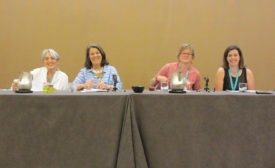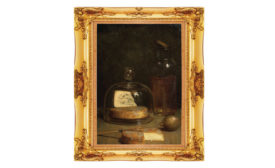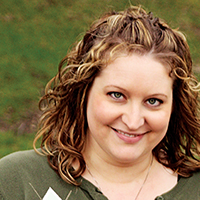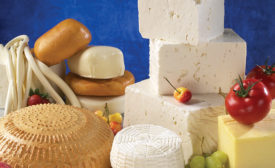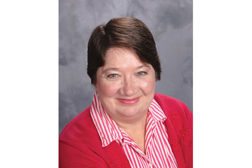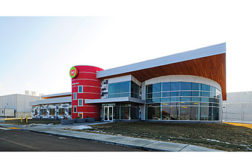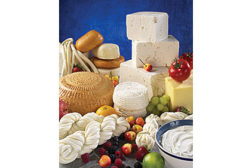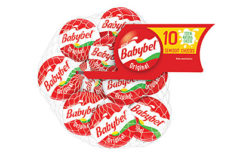Home » cheesemakers
Articles Tagged with ''cheesemakers''
Wisconsin Master Cheesemakers class of 2023 named
Four new and one returning cheesemaker graduated from the program.
April 13, 2023
It’s time for US cheese to be in the spotlight
The variety, quality and artistry of cheeses made in the United States is recognized worldwide.
August 7, 2019
State of the Industry 2016: Convenience boosts the cheese category
An abundance of new snacking cheeses, hybrid products and packaging formats dominate the cheese category. Bold and intense flavors also take hold.
November 10, 2016
Stay ahead of the curve. Unlock a dose of cutting-edge insights.
Receive our premium content directly to your inbox.
SIGN-UP TODAYCopyright ©2025. All Rights Reserved BNP Media.
Design, CMS, Hosting & Web Development :: ePublishing

